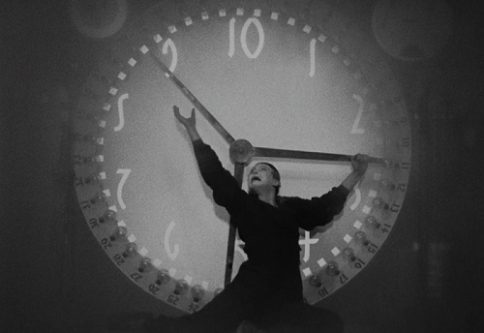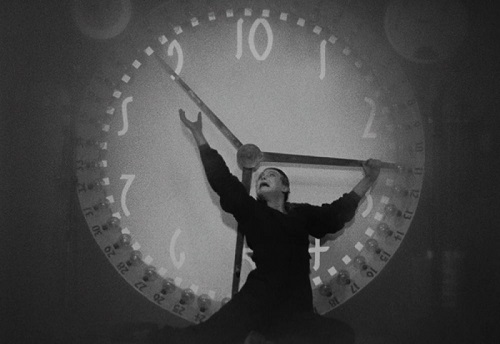 United Kingdom Huppertz, arr. Strobel: Philharmonia Orchestra / Frank Strobel (conductor), Royal Festival Hall, London, 13.6.2019. (MB)
United Kingdom Huppertz, arr. Strobel: Philharmonia Orchestra / Frank Strobel (conductor), Royal Festival Hall, London, 13.6.2019. (MB)

Gottfried Huppertz, arr. Frank Strobel: Score to Fritz Lang, Metropolis, with screening of film
An interesting evening – alas, the only one I shall be able to attend – from the Philharmonia’s Weimar season, ‘Bittersweet Metropolis’. To see Fritz Lang’s celebrated film, Metropolis, not only on the large screen but including sections rediscovered in Argentina in 2008, offered fascination in itself. The plot may be absurdly sentimental, but the direction and cinematography are often breath-taking: no wonder the film’s costs were never covered. Crowd scenes alone would be worth the prize of ambition. Lang’s combination of Expressionism and wide-eyed urbanism retains just enough of the counter-intuitive to afford an interest extending beyond the merely ‘historical’. It remains, moreover, just about possible to relish the elements of class struggle, however naïvely presented, without falling for the false reconciliation of the close (or, for that matter, the workers’ all too ready descent into a vengeful mob). It is what it is; different ages and different audiences will most likely continue to discover new standpoints.
What, then, of the live performance of Gottfried Huppertz’s score, the true occasion for this showing? The Philharmonia generally seemed in its element, a few moments of imprecision notwithstanding. All that glitters may not be gold, but there was plenty of gold and glitter here, with a warmth of string tone it would have been difficult not to characterise as German. That was aided, of course, by the score itself – although what ‘itself’ means here, given the role of conductor, Frank Strobel, in its ‘arrangement’ is not clear. (I could find no information on that in the programme.) I suspect that it might often have been more incisively conducted; faults, however, seemed primarily to lie with what was being conducted. After a while, Huppertz’s music becomes all too predictable: the sort of thing that gives ‘leitmotif’ a bad name. Swathes of repetition do no particular harm as background to viewing of the film, but the formulaic musical contribution betokens no masterpiece. Decidedly sub-Straussian attempts to climax; attempts at something more generically ‘modern’, if hardly modernist, for urban scenes; much that at best strains toward the likes of Korngold: one can hear where it might lead in later film music, and that is probably where the greater part of its interest will remain.
Mark Berry
